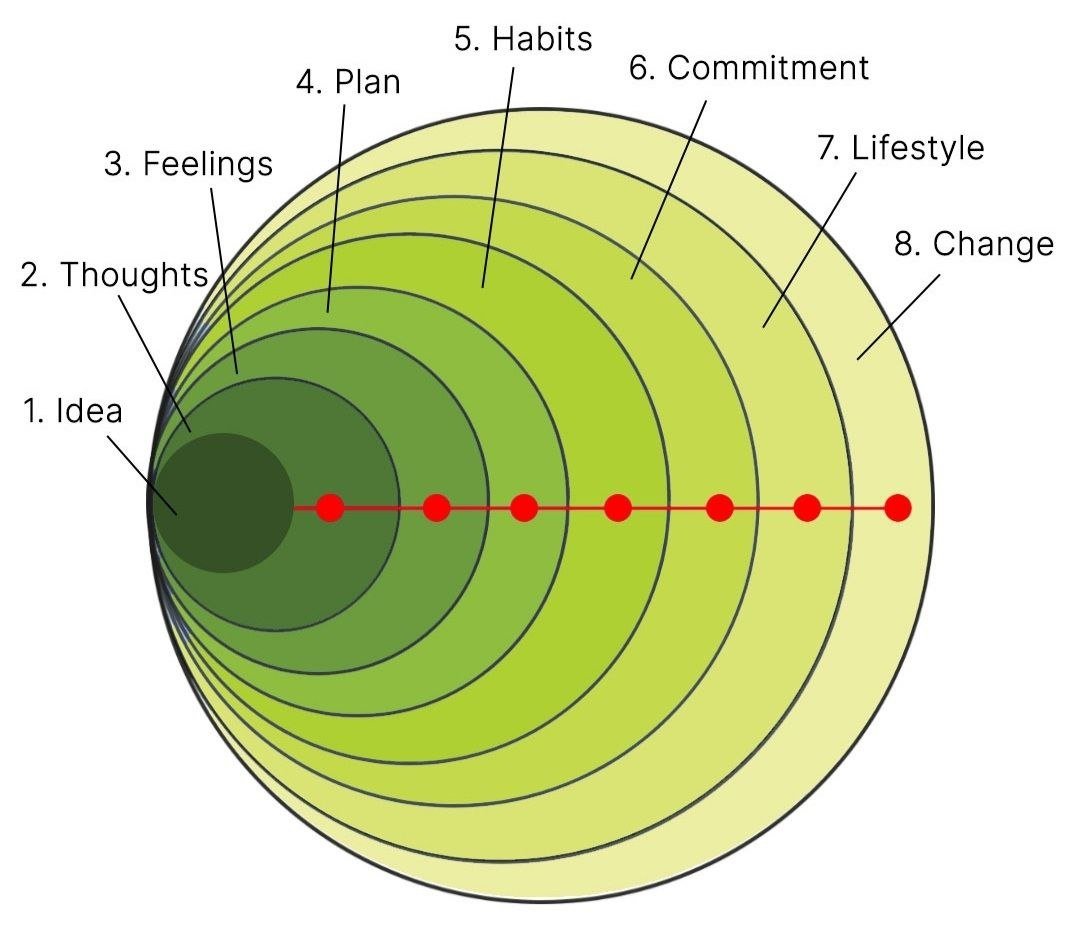Illustration by Nathalie Lees
Meritocracy assumes that everyone starts from the same position with equal opportunities, but this is clearly not the case for marginalized groups. Structural biases and systemic discrimination often limit access to resources, opportunities, and networks, making it more difficult for these individuals to succeed, even with talent and hard work.
How should I initiate conversations about DEI to effectively highlight these systemic inequities? What’s the best way to address the underlying structures that perpetuate these disparities? And why is removing these barriers essential to truly creating a fair and inclusive environment for all?





















